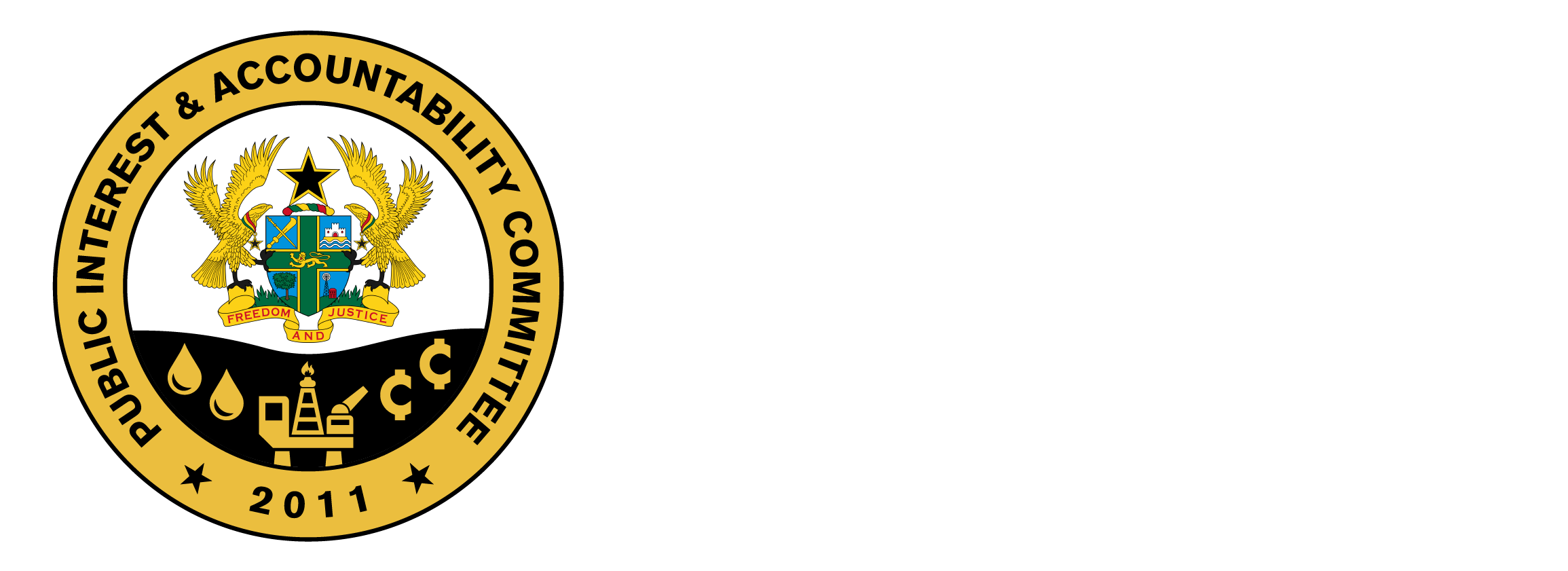The Public Interest and Accountability Committee (PIAC) is questioning the government’s motive not to disburse any of the accrued petroleum revenue for industrialisation in the first half of the year.
The 2024 semi-annual report of the Committee revealed the government failed to make any allotment to boost industrial growth despite being cited as a priority area.
The government explained it had other funding sources for the sector, but PIAC believes additional support from the petroleum revenue is only appropriate to drive growth in the industrial sector of the economy.
“Kumasi and Bono are in the middle belt with deposits of gold, bauxite and others. We’d plead with the government that though it has injected funds into the slow progress of the Boankra inland port, PIAC through the GNPC can help to ensure government provide more funds for it. Because it could create jobs for the youth,” a citizen voiced concerns over the slow progress of the Boankra Inland Port project sited in the Ejisu municipality.
He made his submissions at a public forum by the Public Interest and Accountability Committee. His concern reflects an observation of PIAC on the government not disbursing the petroleum revenue to industrialise the economy.
The 2024 semi-annual report by the Committee indicated the government’s waning commitment to industrialisation with revenue allocation dwindling since 2020.
A total of 31.8 million cedis, representing 1.15% of the total Annual Budget Funding Amount (ABFA) was allocated to industrialisation in 2020.
The amount declined to 16.26 million (0.87%) in 2021, went further to 9.28 million cedis (0.20%) in 2022 and eventually plummeted to 5.81 million cedis in 2023.
Despite the government budgeting a total of Gh8, 036,398,622 of the ABFA for the key priority areas for the first half of 2024, no budgetary allocation was made to industrialisation.
“If industrialisation is one of the four key priorities of the government, we expect the government to actualize its own priority by channelling resources to the industrialisation sector. But within the period we did the report from January to June, the government hadn’t spent a penny on the sector,” Richard Ellimah, Technical Advisor on the PIAC, said.
From 2023 to 2025, the government has prioritized agriculture including fisheries, infrastructure and service delivery in education and health, roads, rails and other essential infrastructure as well as industrialisation to be funded with oil revenue.
Mr Ellimah wants the government to pay critical attention to the sector which essentially drives economic growth.
“I don’t think having an additional layer of funding from petroleum revenue, will hurt anybody. It will rather go to strengthen the government’s own resolve to make the industrialization agenda a reality. Even if the sector is receiving other sources of funding, we think the government should actualize its own desire to ensure the industrialisation policy works by channelling more of the revenue. So, Ghana can have more industries and create more jobs,” he said.
The PIAC met with traditional leaders, religious leaders, civil society groups and the public to deliberate on the findings from the 2024 semi-annual report.
SOURCE: MYJOYONLINE


